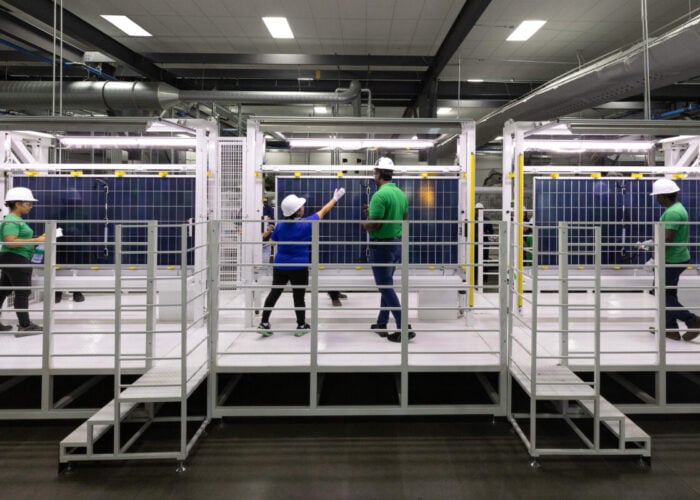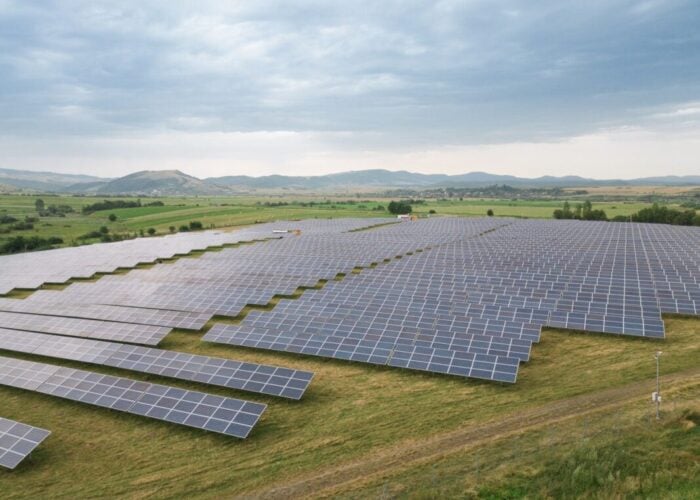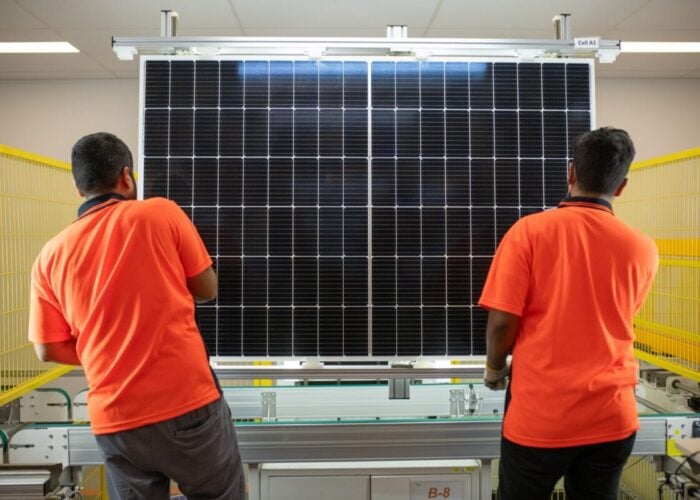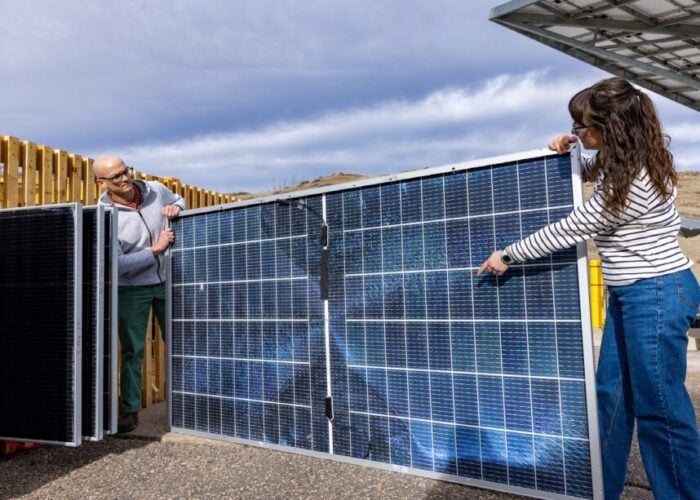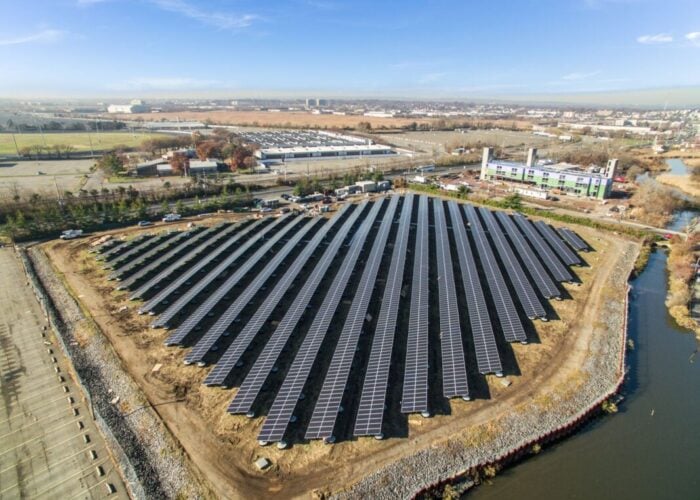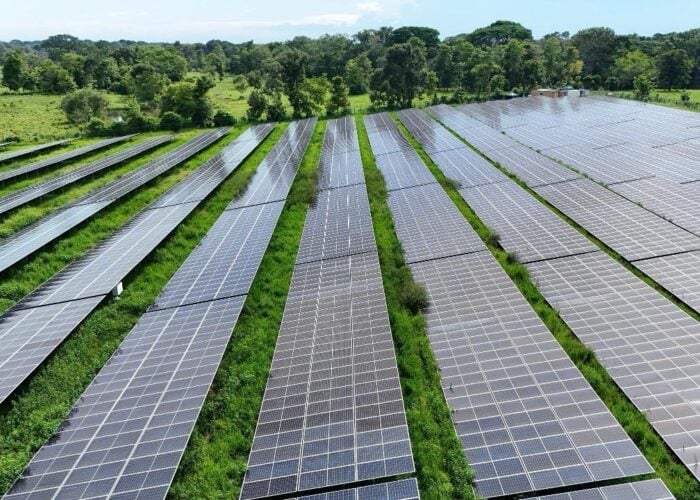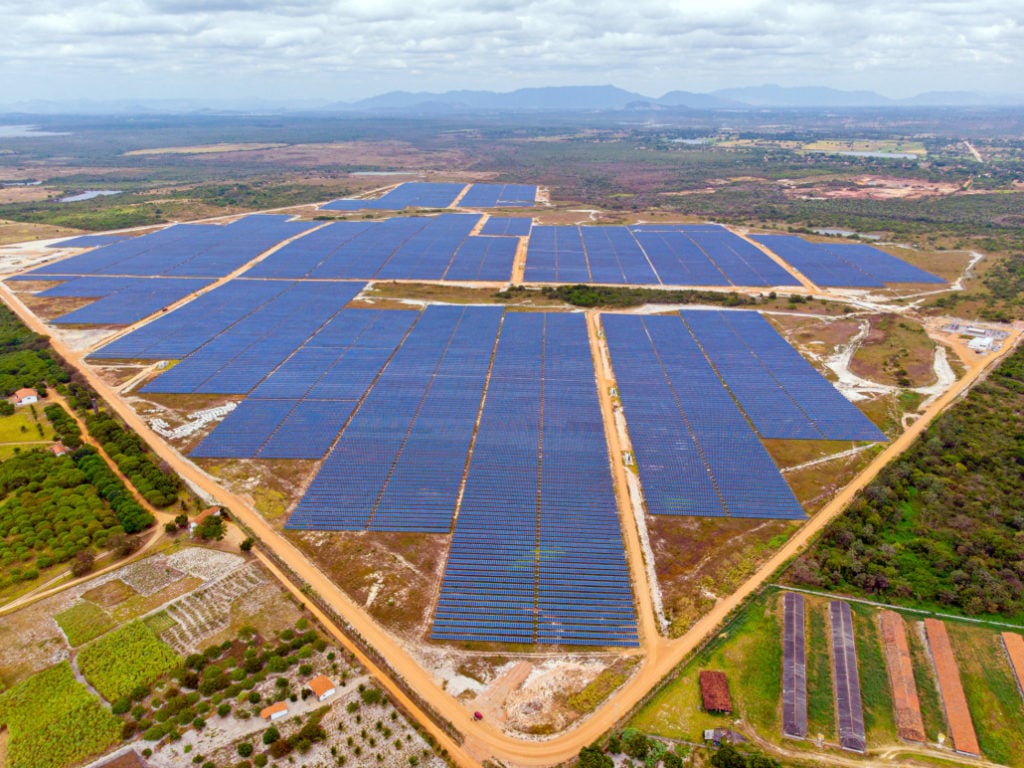
Brazil has imported 17.5GW of solar modules in 2023, slightly down from the previous year, according to Brazilian PV research and consultancy firm Greener.
Despite a decrease of 0.3GW modules imported between 2023 and 2022, the last quarter of 2023 ended on a positive note, with over 5GW of imported PV modules to Brazil, the highest ever recorded in a quarter by Greener.
Try Premium for just $1
- Full premium access for the first month at only $1
- Converts to an annual rate after 30 days unless cancelled
- Cancel anytime during the trial period
Premium Benefits
- Expert industry analysis and interviews
- Digital access to PV Tech Power journal
- Exclusive event discounts
Or get the full Premium subscription right away
Or continue reading this article for free
On the other hand, the first quarter of 2023 started with a 60% decrease year-on-year, with 3.5GW of modules imported, due to difficulties in accessing credits and elevated interest rates.
Between November and December, the country imported nearly 4GW of modules from China, with a part of this delivery yet to arrive in the country, and set to be counted in the first quarter of 2024.
Despite distributed generation leading the market in installed solar capacity – with 25.8GW of distributed generation for 11.4GW of utility-scale as of December 2023, according to trade association Absolar – imports were down 2GW for distributed generation from 75% to 65% share in 2023.
In terms of installed capacity, utility-scale recorded a better year in 2023 than distributed generation, with 4GW added to the grid, up from 2.8GW in 2022. Total installed capacity at the end of the year reached 11.4GW for utility-scale and over 26GW for distributed generation, according to Greener. Solar PV represents 16.5% of the electricity generation in Brazil.
Nearly 7GW of solar capacity is currently under construction and is expected to be operational in 2024 and 2025.
Earlier this year, Infrastructure investment manager I Squared Capital agreed to invest up to US$400 in Brazilian distributed generation company Órigo Energia, which would fund a pipeline of 2GW distributed generation.

